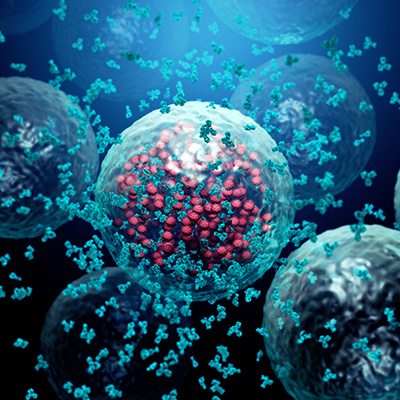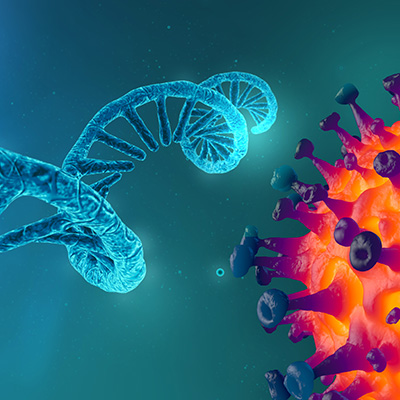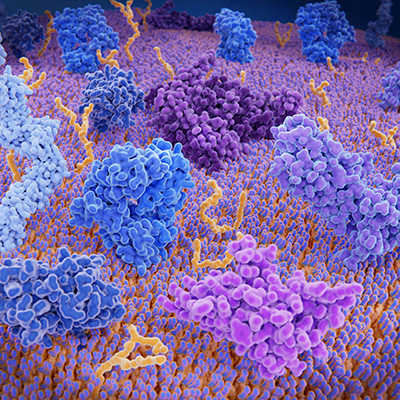October 15, 2020 -- A new retrospective study reveals that asymptomatic COVID-19 patients may have higher levels of lymphocytes, specifically T cells, compared to symptomatic COVID-19 patients despite carrying similar viral loads. The results were published in mSphere on October 7.
The clinical characteristics of individuals who are infected with the SARS-CoV-2 virus but are asymptomatic remains elusive. One of the primary concerns regarding COVID-19 lies in the fact that infected but asymptomatic individuals can still actively shed the virus.
Due to the lack of symptoms, this group of individuals is easily overlooked by public health screening measures that would lead to self-quarantining protocols to prevent viral spread. The few studies that have been conducted suggest that transmission can occur for as long as 29 days during asymptomatic infection. Despite the importance of this group, detailed clinical profiles have yet to be documented.
To start building a clinical profile of asymptomatic COVID-19 patients, researchers from Wuhan University in China studied throat swabs and blood samples collected from two populations at Renmin Hospital of Wuhan University. The first group included 27 symptomatic patients admitted for complications related to COVID-19. The second group consisted of 25 asymptomatic patients who had been admitted for other reasons but tested positive for the SARS-CoV-2 virus upon arrival at the hospital. Throat swabs were used to assess viral load and the blood samples were used to measure immunoglobulins, cytokines, and immune cells.
Asymptomatic COVID-19 patients had normal clinical indicators and faster viral clearance than symptomatic patients, as evidenced by shorter hospital stays. The levels of immunoglobulin G (IgG) remained stable in both groups during hospitalization, whereas IgM levels were significantly lower in the asymptomatic group.
Although similar viral loads were detected, asymptomatic patients had higher counts of lymphocytes including CD3+ T cell, CD4+ T cell, CD19+ B cell, and CD16+ and CD56+ natural killer cells. In contrast, the levels of these immune cells were only restored in symptomatic patients after treatment.
"Our findings suggested an important role for lymphocytes, especially T cells, in controlling virus shedding," said author Yuchen Xia, PhD, virologist at Wuhan University's School of Basic Medical Sciences, in a statement.
The researchers found no difference in inflammatory cytokine levels observed between asymptomatic and symptomatic patients. This suggests that cytokines may lose some predictive power as biomarkers of disease in asymptomatic patients.
The results show that asymptomatic patients may have better outcomes than symptomatic patients, which may be attributed to more active cellular immune responses and normal liver function, according to the authors.
Since asymptomatic patients show no clinical symptoms that allow for diagnosis and treatment, they pose a greater risk of virus transmission than symptomatic patients, suggesting that a broader range of testing may be required to control COVID-19.
The research group has recently started collaborating on a larger follow-up study in Germany that plans to analyze blood samples in over 100 patients with severe COVID-19 and 30 patients with mild symptoms. They also plan to study the impact of T cells on viral shedding in animal studies.
Do you have a unique perspective on your research related to virology or infectious disease research? Contact the editor today to learn more.
Copyright © 2020 scienceboard.net






